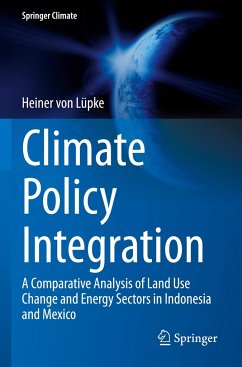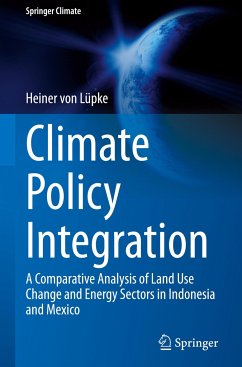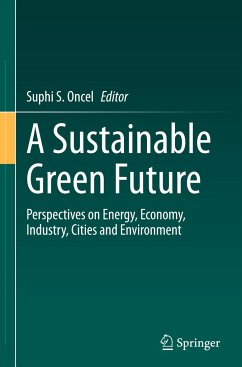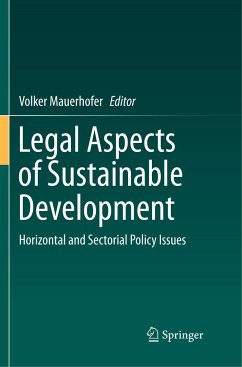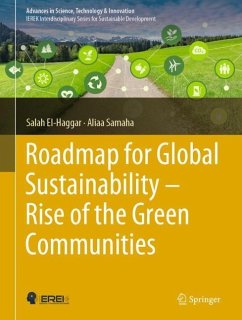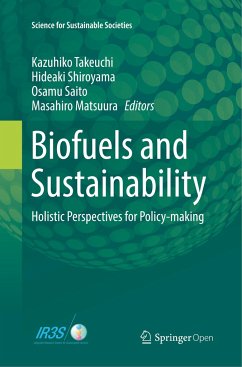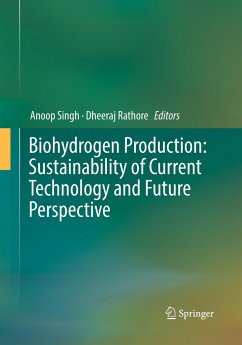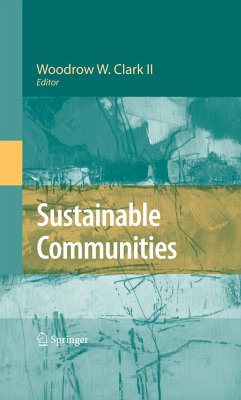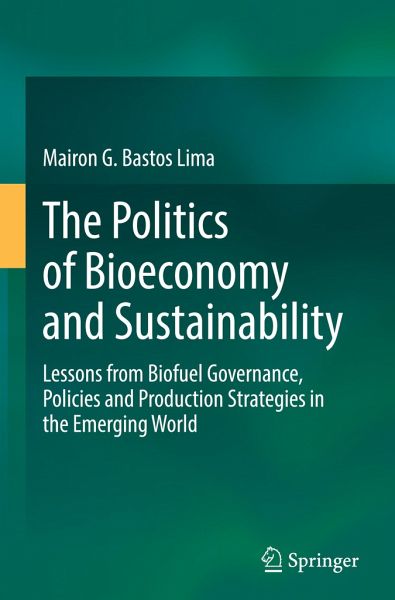
The Politics of Bioeconomy and Sustainability
Lessons from Biofuel Governance, Policies and Production Strategies in the Emerging World

PAYBACK Punkte
49 °P sammeln!
This book addresses the underexposed political dimensions of bioeconomy promotion. Who wins and who loses? How are institutions being shaped, and by whom? Drawing from experiences since the earlier days of biofuels promotion, it explores in unprecedented detail the global drive away from fossil fuels and towards a biomass-based economy.Multipurpose agriculture gains ever more traction as countries create new bio-based value chains - or, rather, value webs. Governance, in this regard, proves to be key for steering developments towards inclusive agri-food-biomass systems instead of fueling just ...
This book addresses the underexposed political dimensions of bioeconomy promotion. Who wins and who loses? How are institutions being shaped, and by whom? Drawing from experiences since the earlier days of biofuels promotion, it explores in unprecedented detail the global drive away from fossil fuels and towards a biomass-based economy.
Multipurpose agriculture gains ever more traction as countries create new bio-based value chains - or, rather, value webs. Governance, in this regard, proves to be key for steering developments towards inclusive agri-food-biomass systems instead of fueling just a handful of "flex crops" ridden with social equity and other environmental issues.
Based on a rich global-level analysis of bioeconomy promotion and three in-depth case studies of key emerging economies (Brazil, India and Indonesia), the book also innovatively examines sustainability politics in Global South democracies.
Ultimately, this book is about finding the politics for a fairer bioeconomy in the years and decades to come.
Multipurpose agriculture gains ever more traction as countries create new bio-based value chains - or, rather, value webs. Governance, in this regard, proves to be key for steering developments towards inclusive agri-food-biomass systems instead of fueling just a handful of "flex crops" ridden with social equity and other environmental issues.
Based on a rich global-level analysis of bioeconomy promotion and three in-depth case studies of key emerging economies (Brazil, India and Indonesia), the book also innovatively examines sustainability politics in Global South democracies.
Ultimately, this book is about finding the politics for a fairer bioeconomy in the years and decades to come.



